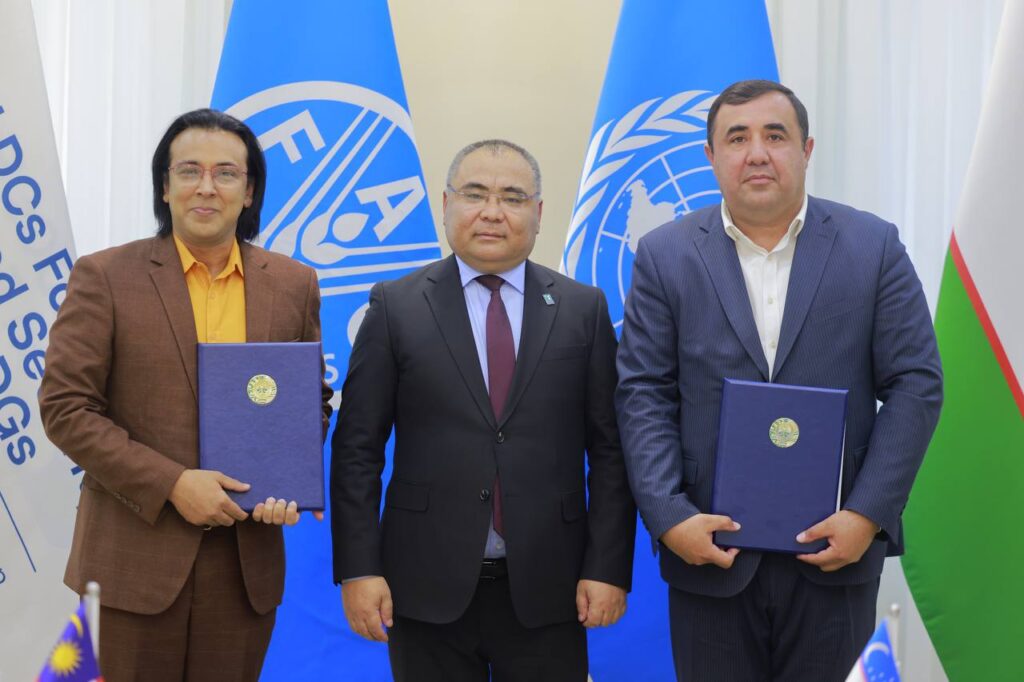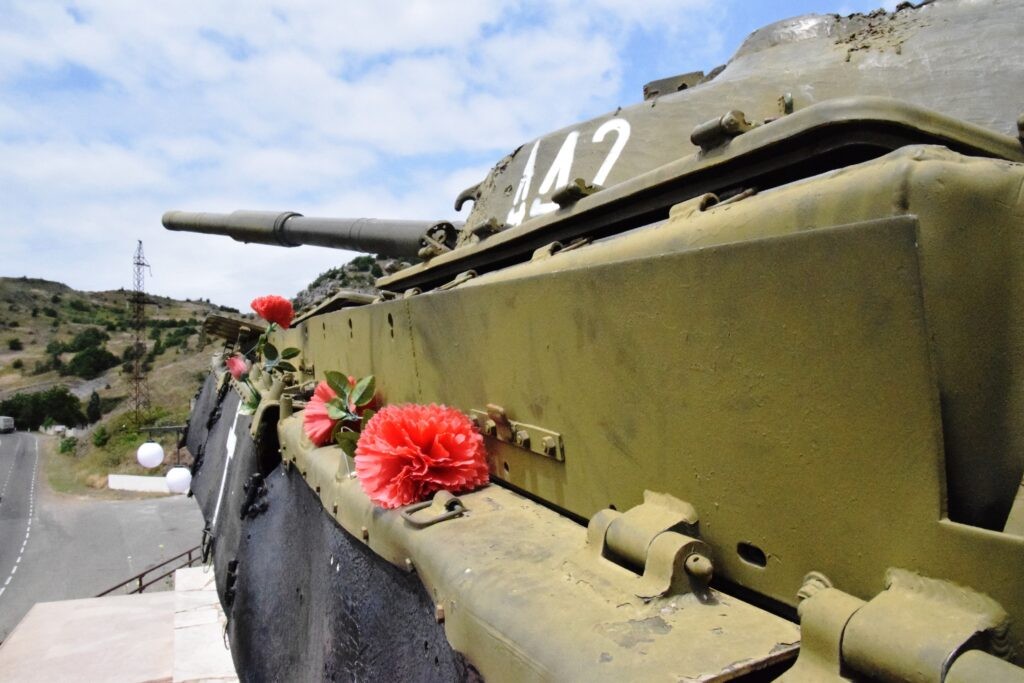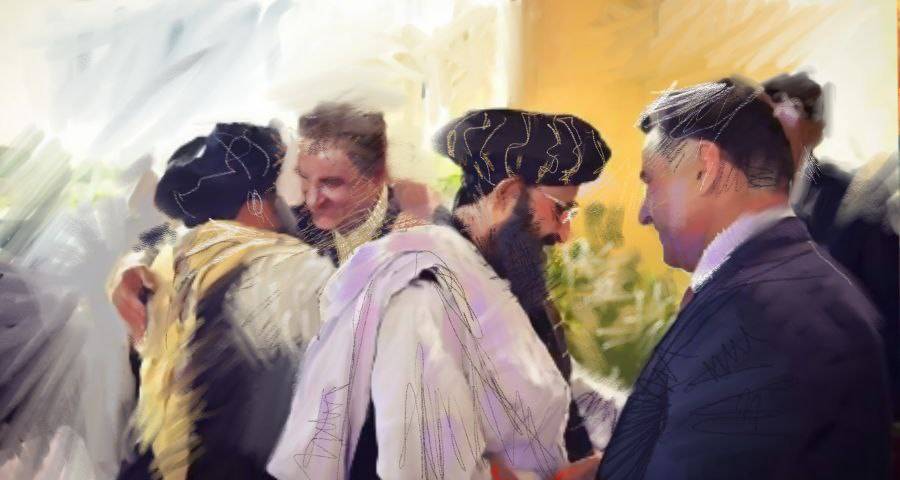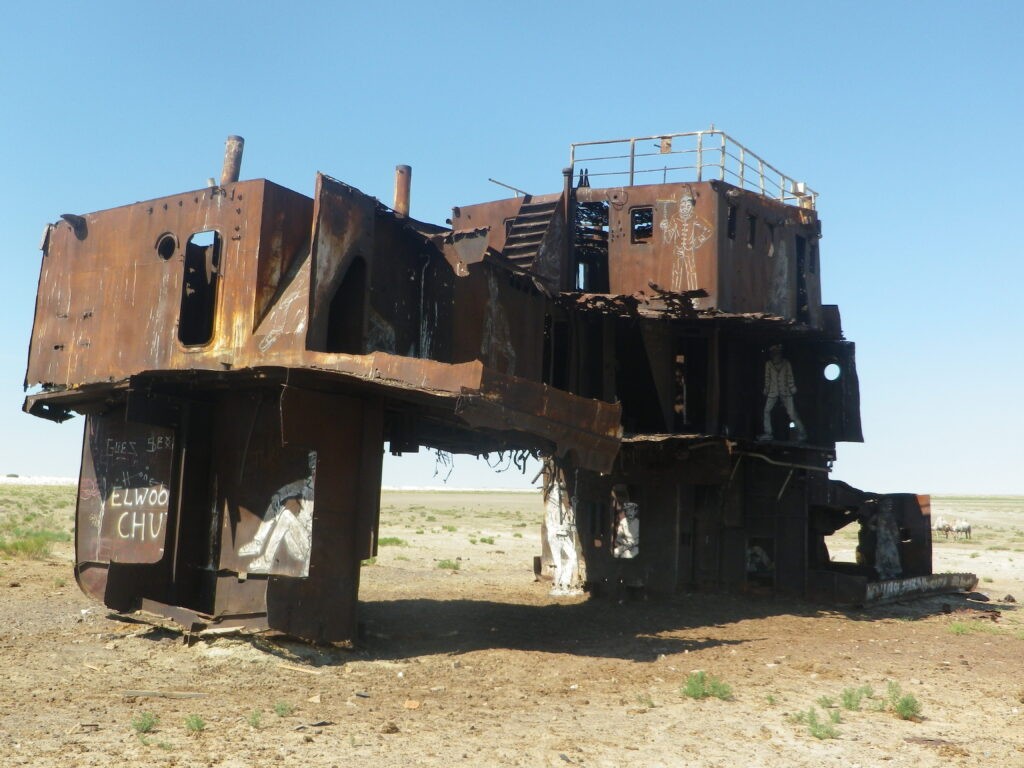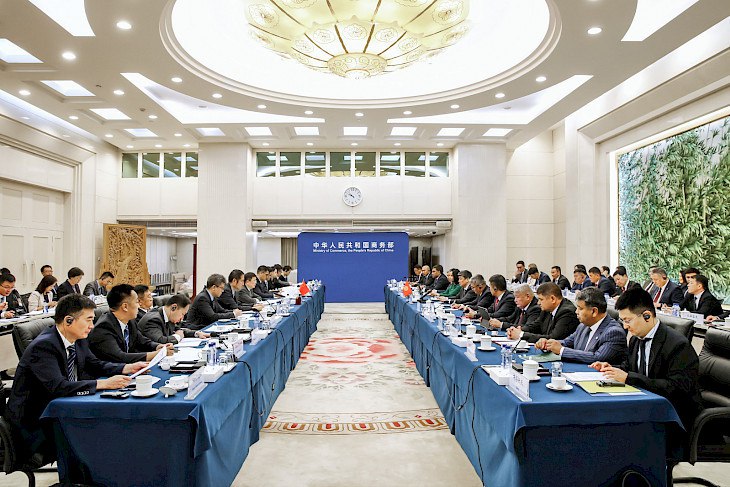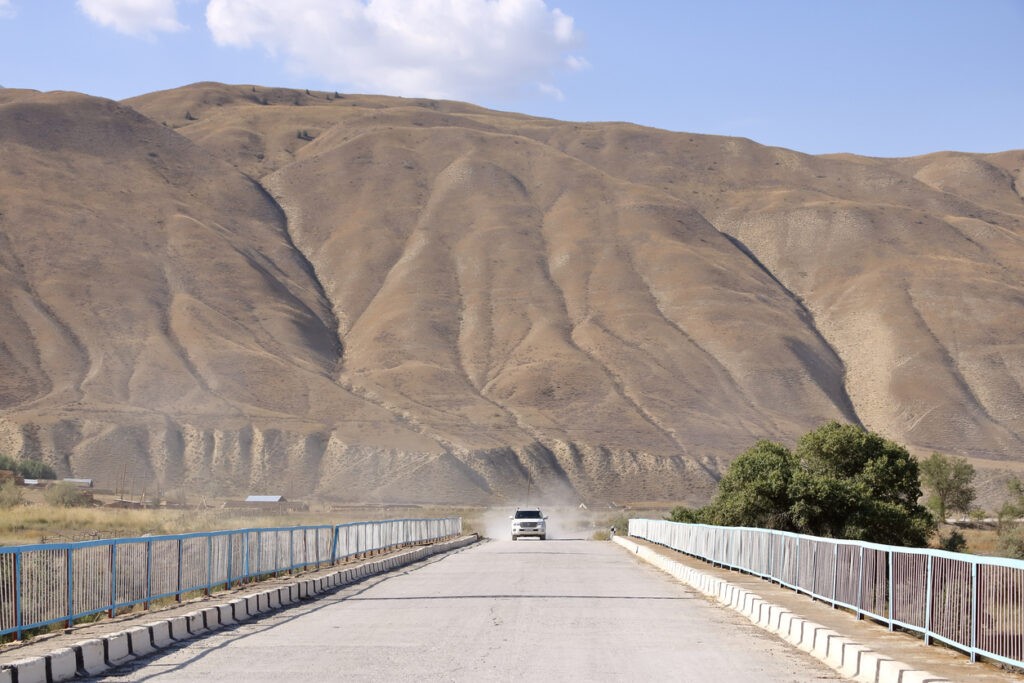On September 9, 2024, President Kassym-Jomart Tokayev signed a decree dismissing Alimkhan Yesengeldiyev from the position of Kazakhstan’s Ambassador to Afghanistan. Yesengeldiyev has been at the post since April 2018. Local media have not yet reported on the appointment of a new ambassador.
Previously, Astana has made bold diplomatic steps towards normalizing relations with Afghanistan under Taliban rule. For instance, Kazakhstan accredited Taliban diplomats in April 2023, and removed the Taliban from its list of banned organizations in December 2023. On August 21 of this year, Kazakhstan accredited the head of the Afghan diplomatic mission as charge d’affaires in the country.
Astana continues to increase trade, economic, and humanitarian cooperation with the de facto authorities, and has actively engaged in various international platforms for initiatives in Afghanistan.
Moreover, President Tokayev outlined Kazakhstan’s position on the situation in Afghanistan just a month after the Taliban seized Kabul, when the world was still in shock. “Kazakhstan sees the future Afghanistan as a truly independent and united state living in peace with itself and its neighbors,” he stated. “At this crucial historical moment, the multinational people of Afghanistan should not be left alone in the face of unprecedented difficulties.”
By changing the head of its diplomatic mission in Kabul, it appears that the authorities in Kazakhstan intend to qualitatively improve the state of their relations with the Taliban. The eventual appointment of a new head of the Kazakh embassy will symbolize a new page in relations. In all likelihood, according to recognized international practice, a diplomat will be presented to the Taliban not in the rank of Ambassador Extraordinary and Plenipotentiary but as the Charge d’Affaires of Kazakhstan. This will preserve the principle of parity and be understandable given international disputes surrounding recognition of the Taliban. Overall, Kazakhstan’s foreign policy steps have always been characterized by consistency and an unwavering focus on international law.
It seems that the world as a whole is now acclimatizing to the idea of pragmatic dialog with the authorities in Kabul, with whom it is necessary to maintain constant bilateral and multilateral diplomatic contacts.
On September 27, at the official request of the British government, the embassy of the former Islamic Republic of Afghanistan in London will officially cease operations. The embassy building will not be handed over to the Taliban or any other political representation. The embassy in Oslo representing the former government in Afghanistan has also ceased functions since September 12 at the request of the authorities there. Neither the British nor the Norwegian authorities are currently commenting on the situation.
A few days ago, Deutsche Welle reported that the German Foreign Ministry has accepted the Taliban’s application to recognize their consulate general in Munich as the sole center for providing consular services in Germany.
In July, the Taliban Foreign Ministry declared that documents issued by 14 Afghan missions abroad are illegitimate. They were located in Britain, Berlin and Bonn in Germany, Belgium, Switzerland, Austria, France, Italy, Greece, Poland, Australia, Sweden, Canada, and Norway. Currently, the Taliban recognizes only five Afghan diplomatic missions in Europe as legitimate, those in the Netherlands, Spain, Bulgaria, Czechia, and the consulate in Munich.
The steps taken by London, Oslo, and Berlin have nothing to do with the mechanism of unilateral recognition of the Taliban regime, but indirectly have a positive impact on its image. Seyed Rasul Mousavi, head of the West Asia Department of the Iranian Foreign Ministry, assesses these European steps as the beginning of rapprochement with the Taliban. First, Afghan missions will be removed from the grasp of the anti-Taliban opposition, and then, after some time, they will reopen to provide consular services in coordination with the Taliban.
Diplomatic missions currently operating in Afghanistan represent the embassies of Azerbaijan, the European Union, Indonesia, Iran, Kazakhstan, Qatar, China, Kyrgyzstan, Pakistan, Russia, Tajikistan, Turkey, Turkmenistan, Turkey, Uzbekistan, Japan, as well as a technical group representing India, and the official representatives from the Italian intelligence services.
Only six missions are headed by Ambassadors Extraordinary and Plenipotentiary: the embassies of Azerbaijan, China, Russia, Turkmenistan, Uzbekistan, and Japan. (Until recently, Kazakhstan was also numbered here). It is important to note that these ambassadors presented their credentials to the republican authorities before the Taliban came to power, the sole exception being the Chinese ambassador, who was received by the Taliban on September 13, 2023.
The missions of the European Union, Indonesia, Iran, Qatar, Iran, Kyrgyzstan, Pakistan, Tajikistan, Qatar, and Turkey are headed by charge d’affaires ad interim of these countries. The Indian mission is fronted by the head of the technical team, and the Italian mission is headed by the official representative of the special services. Thus, at present, the foreign diplomatic corps in Kabul is represented by only one ambassador accredited by the Islamic Emirate — the Chinese ambassador.
Diplomatic sources report that embassies for Egypt, Spain, Italy, Malaysia, the UAE, and Saudi Arabia may also soon start work in Afghanistan.
Kazakhstan’s dealings with the Taliban are indicative of President Tokayev’s multi-vector foreign policy, which has seen Astana pursue a balanced approach, ensuring the best interests of the state whilst positioning the nation as an increasingly important land-bridge between East and West in a time of global uncertainty. Described by Ariel Cohen, a Nonresident Senior Fellow at the Eurasia Center of the Atlantic Council as “visionary [and pioneering,” this pragmatic outlook has led to Kazakhstan’s emergence as a Middle Power, both in terms of trade and diplomacy.
